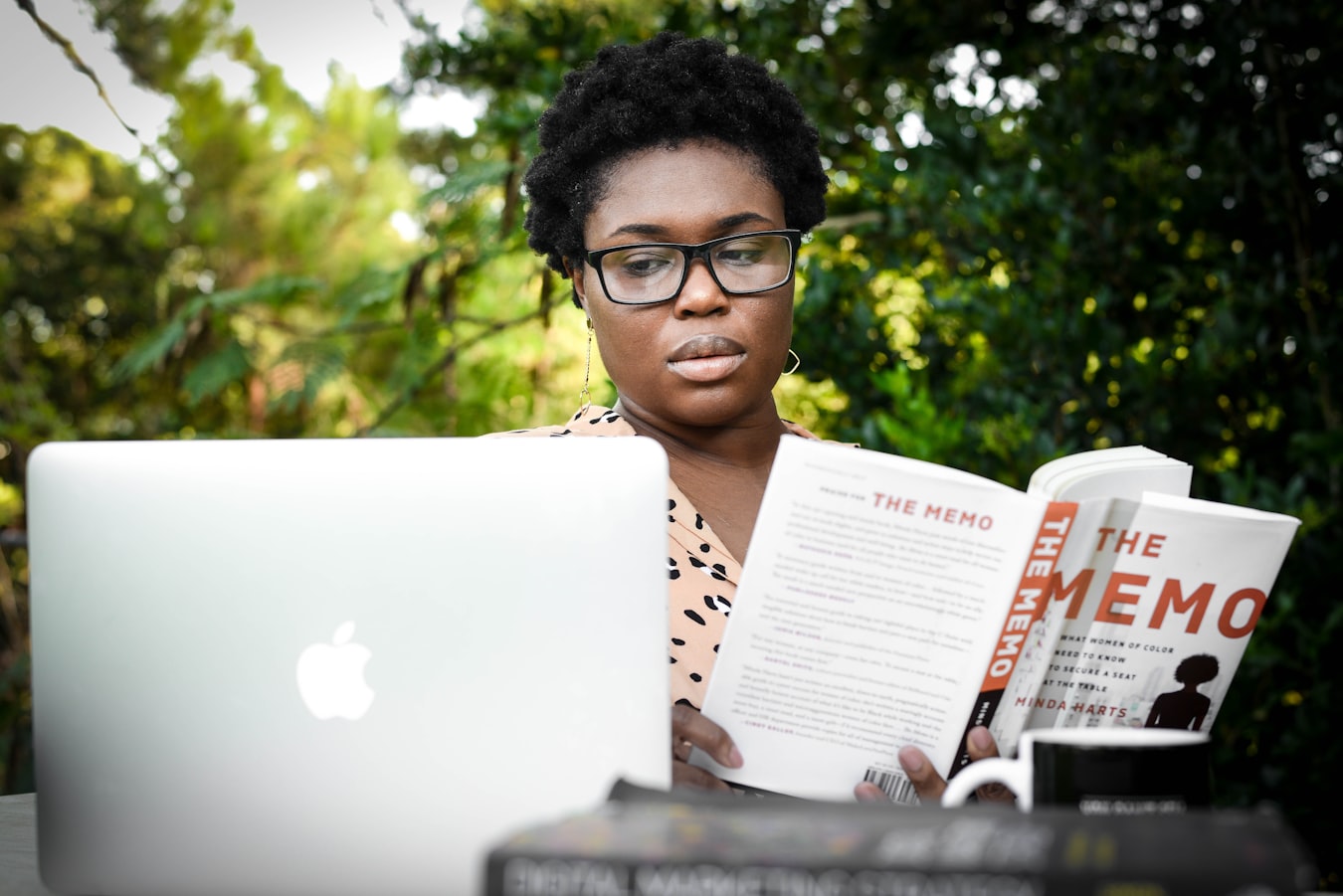Black History Month is an important annual global event that celebrates the contributions of Black people throughout history, and reinforces the diverse contributions of Black heritage and culture.
It is also a time to focus on the ongoing fight against racism and anti-Blackness, and to reinforce the importance of Black history being fully present in education.
Powerful campaigns to magnify Black lives
#ShareTheMic campaign is an initiative striving to amplify Black voices during Black History Month.
The campaign aims to encourage women to work together in challenging inequality.
The initiative sees Black women take over the Instagram accounts of white women with an influential social media presence.
Among the activity, Booker Prize winner Evaristo took over the account of CNN’s chief international anchor Christiane Amanpour, while journalist Sarpong was handed control of Victoria Beckham’s Instagram and its 28.7 million followers.
Raising the focus of Black history
The diverse contributions of Black people play a central role in shaping society, yet many important achievements often lack representation due to systemic prejudice.
Black History Month reclaims and embraces important action and highlights the work of influential Black women and men from history, plus amplifies Black voices from the present.
Black History Month sees a wide range of activity that celebrates the lives, stories and achievements of Black communities across countries.
Challenging current issues of inequality

Black History Month focuses on many present issues and provides a supportive space to initiate conversations about many of the current challenges Black people still face in day-to-day life.
For example, on average Black women are paid less than both white women and white men, and this gap significantly worsens during economic crises. Even in the same job, Black women are often paid less than white men, according to Lean In, meanwhile these women are taking on significant responsibility at home, and have less financial security than white women.
Important opportunity to celebrate diversity and raise awareness
Originating in the United States, Black History Month is observed in many countries including Canada, Ireland, the Netherlands and the United Kingdom.
In the UK, the Greater London Council special projects coordinator Akyaaba Addai-Sebo founded a UK Black History Month in 1987. Initially, it aimed to recognize the contributions of Black people to the cultural, economic and political life of London and the UK and to enforce the Race Relations Act of 1976.
Since then, Black History Month has been celebrated annually across the UK throughout the month of October, marking significant events in Black history such as the Windrush generation, Slavery, and the Civil Rights Movement.
More than a one-off event
The rise of the Black Lives Matter movement sparked global demand for racial reform and accountability, and serves as a reminder that the celebration of Black history should not be confined to solely one month.
The focus on black history should be constantly present. There are important rectification calls to integrate Black history into mainstream education in an attempt to decolonise the curriculum.
Additionally, there is much activity encouraging people to engage with and challenge racism within their day-to-day lives and to normalize the centering of Black narratives. Thankfully, there is considerable advocacy - yet there is still much work to do.
Thankfully, Black History Month provides a significant catalyst and highly visible opportunity for communities to come together to denounce and challenge racism, prejudice and discrimination and to promote kindness, fairness, and equality.
Disclosure: Where Women Work researches and publishes insightful evidence about how its paid member organizations support women's equality.